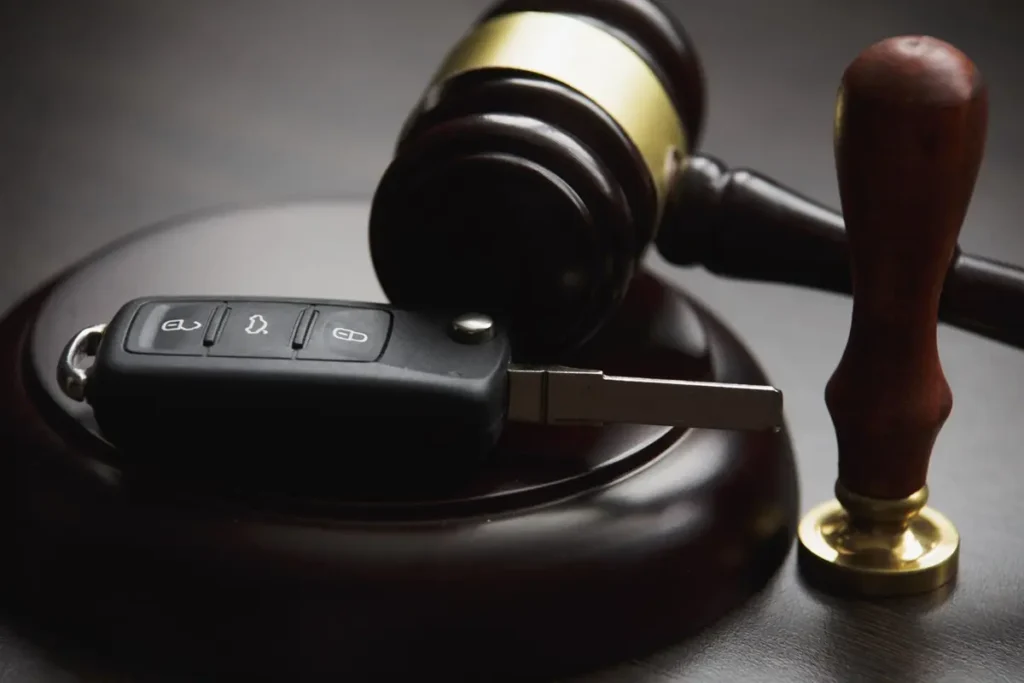Understanding OVI Charges
OVI charges, or Operating a Vehicle Impaired charges, refer to legal accusations against individuals who are suspected of driving under the influence of alcohol or drugs. These charges can result in severe penalties, including fines, license suspension, and even imprisonment. Understanding the legal implications of an OVI charge is crucial for anyone facing such accusations.
The specifics of OVI laws can vary by state, but typically, the legal blood alcohol concentration (BAC) limit is 0.08% for adults. However, lower limits apply for commercial drivers and individuals under 21. It's essential to be aware of these regulations to navigate the legal landscape effectively.
Common Defenses Against OVI Charges
When faced with an OVI charge, there are several defenses that a qualified attorney may employ to challenge the prosecution's case. Common defenses include questioning the legality of the traffic stop, the accuracy of the breathalyzer test, and the officer's observations during the arrest. Each of these factors can significantly impact the outcome of the case.
For instance, if an officer did not have probable cause to pull a driver over, any evidence obtained during the stop may be deemed inadmissible in court. Additionally, breathalyzer tests can sometimes yield inaccurate results due to various factors, including calibration issues or medical conditions affecting the individual. A skilled attorney can identify and leverage these defenses to advocate for their client effectively.
Consequences of an OVI Conviction
An OVI conviction can lead to serious consequences that extend beyond immediate legal penalties. Individuals may face hefty fines, mandatory alcohol education programs, and potential jail time. Furthermore, a conviction can have lasting effects on one's personal and professional life, including difficulties in securing employment and increased insurance rates.
In addition to legal ramifications, individuals may also experience social stigma and personal challenges following an OVI conviction. Understanding these potential consequences is vital for anyone navigating the complexities of an OVI charge, as it highlights the importance of seeking competent legal representation to mitigate these outcomes.
Steps to Take After Receiving an OVI Charge
If you have been charged with an OVI, it is crucial to take immediate and informed steps to protect your rights. First, refrain from discussing the case with anyone other than your attorney, as anything you say can be used against you. Next, consider scheduling a consultation with a qualified criminal defense attorney who specializes in OVI cases to discuss your situation and potential defenses.
Additionally, it is essential to understand the deadlines associated with your charge, such as court dates and the timeline for requesting a hearing to contest your license suspension. Being proactive and informed can significantly influence the outcome of your case and help you navigate the legal system more effectively.

